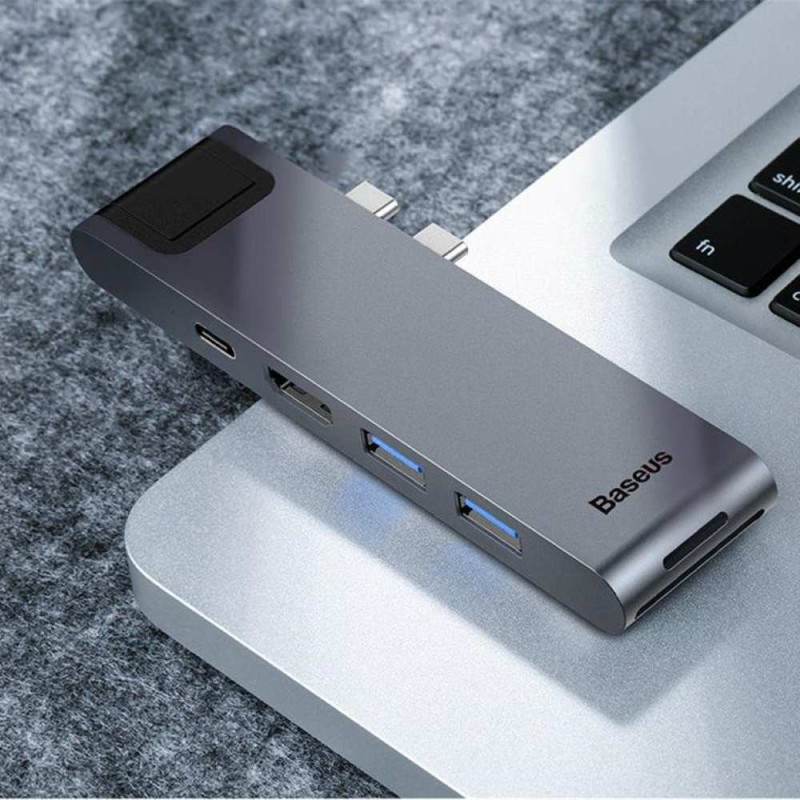

If you use a DLSR or other type of stand-alone camera, it might have a way to transfer your files wirelessly. Apple has a support document that details the differences between the two adapters.

The older version (model number A1621) supports HDMI 1.4. When shopping, check the model number (at an Apple store, you likely will get the new model). Be warned: Apple released a new version of this adapter (model number A2119) in August 2019 that supports HDMI 2.0. For an 8K display, you need an HDMI 2.1 cable with support for 48Gbps bandwidth, such as the Belkin Ultra HD HDMI 2.1 Cable ( $20/ £51 on Amazon)įor other Macs, Apple offers the USB-C Digital AV Multiport Adapter, a $69/£75 device that also provides a USB-A port and a USB-C port that’s for charging only. The M2 Pro/Max 14- and 16-inch MacBook Pro has an HDMI 2.1 port and can run a 4K display at 240Hz, or up to an 8K display at 60Hz. Keep in mind that the port supports HDMI 2.0, so the maximum resolution and refresh rate it can run is 4k at 60Hz. You can use a regular HDMI cable like the Amazon Basic HDMI cable ( $17/ £12 on Amazon) and plug it in. If you have the 14- or 16-inch M1 Pro/Max MacBook Pro or Mac Studio, they have a full-sized HDMI 2.0 port.


 0 kommentar(er)
0 kommentar(er)
